Ru


The group will gather at Tianfu Airport (TFU) in Chengdu (see more details in the "Place and time of the meeting" section). Once everyone has arrived, we will board a train heading north. From there, by minibus we will go to Jiuzhaigou Nature Reserve.
We will spend the night at a resort. After a long day of travel, we'll have the opportunity to relax, enjoy the stunning Tibetan landscape, and discuss our upcoming adventures.
Today, we will spend the whole day wandering through the breathtaking landscapes of Jiuzhaigou Park. One of the standout attractions is Panda Lake. Legend has it that its name originates from the blend of blue and green waters, reminiscent of the beloved Chinese bear. Another tale suggests a panda family resides nearby, though they tend to keep their distance from the crowds of visitors.
Our journey will also take us to the mesmerizing Five-Color Lake, where hues of amber, green, azure, and scarlet swirl together.
We'll explore Sleeping Dragon Lake, Mirror Lake, and Long Lake, each offering its own unique charm and beauty. We'll also refresh ourselves by the Pearl Shoal and Nuorilang Waterfalls, where cascading waters create a symphony of rushing streams.
After a day filled with exploration, we'll return to the hotel to prepare for another exciting day ahead.
Early in the morning by cable way we’ll get to the Colorful Ponds of Huanglong Park. These ponds are famous for their unusual shapes.
After exploring Huanglong, we'll journey onwards to Langmusi, a town on the border between the Amdo and Kham regions. It has two significant monasteries and retains a deep connection to ancient traditions. Notably, the practice of "sky burials" continues here, where the deceased are offered to vultures in a ceremonial rite.
In the morning, we'll embark on a horseback trekking guided by local experts. Our journey will take us through verdant hills and valleys, gradually ascending to an altitude of 4,000 meters. Along the way, we might be fortunate enough to encounter yaks, important to the local residents' way of life.
Upon reaching the Khampa camp, we'll delve into their daily routines. We'll lend a hand in caring for their livestock, gathering fuel, and preparing simple meals.
As night falls, we'll experience the authenticity of Tibetan culture by spending the night in traditional wool tents, beneath a canopy of stars.
Today, we'll go back to Langmusi on foot. Our route will lead us through the Namo Gorges, where amidst the lush evergreen forests, hermit monks once built their secluded cells.
In the evening, we'll arrive back in Langmusi, where we'll unwind and prepare for the adventures that lie ahead.
Our morning begins with a journey across the Tibetan Plateau by minibus, heading towards Liujiaxia Reservoir. The landscape here is reminiscent of Mars, with its unique and rugged terrain. From the reservoir, we'll embark on a boat trip along the Yellow River to reach the Bingling Grottoes.
The caves of Bingling Grottoes are adorned with ancient statues and frescoes dating back 1,500 years.
In the evening, we'll continue our journey to Lanzhou, where we'll settle in for the night.
After a hearty breakfast, we embark on our exploration of Lanzhou, the largest city in northwestern China and a hub of Hui culture, practiced by Chinese Muslims.
Our walk begins with a visit to the Yellow River Mother sculpture and the Zhongshan Bridge. We'll then admire the architectural beauty of the Great Mosque.
Next, we'll ascend to the White Pagoda using a cable way, where we'll be treated to the melodic sounds of 36 bells and panoramic views of Lanzhou. For lunch, we'll try the famous Lanzhou noodles.
In the afternoon, we'll board a modern train towards Xining. From Xining, we'll continue our journey aboard an overnight train to the mystical city of Lhasa.
Today marks a unique adventure as we travel to Lhasa by train. Special train carriages designed to accommodate changes in altitude, will ensure a comfortable passage through the Tanggu-La Pass at 5,072 meters.
Along the way, we'll pass by the Kekesili Nature Reserve, known for its otherworldly landscapes. While the reserve is closed to visitors, our train journey offers us a special opportunity to marvel at its natural beauty from the windows.
By evening, we will arrive in Lhasa.
We will start the day with a visit to Drepung Monastery. Since the fifteenth century, Drepung Monastery has stood among the green hills, almost touching the clouds, attracting the attention of many students, believers and travelers. It was once home to the early Dalai Lamas, and its abbot held significant influence in Tibetan governance. Our excursion will lead us through the main altar and educational buildings.
Next, we explore the renowned Jokhang Temple. According to legend, this magnificent temple, decorated with gold, was built by King Songtsen Gampo, who actively contributed to the spread of Buddhism in Tibet. Inside, we'll discover over three hundred Buddha statues, countless frescoes, intricate woodwork, and sacred artifacts.
Later in the day, we'll wander through the bustling Barkor shopping district. Here, amid the lively throng of pilgrims, locals, and travelers, we'll experience the vibrant pulse of daily life of Tibet.
We begin our day with a visit to Ganden Monastery, the principal monastery of the Yellow Hat sect. Built atop Mount Wangbur, this monastery offers a panoramic view of majestic mountains and the serene Gyi-Chu Valley.
In the afternoon, our journey takes us to the grandeur of Potala Palace, a symbol of Tibetan Buddhism and the former residence of the Dalai Lamas. The palace complex includes the White Palace and the Red Palace, housing over a thousand rooms with countless altars.
In the morning, we depart from Lhasa towards the majestic Himalayas. The route takes us through the breathtaking Kamba La and Sim La passes, offering panoramic views of the snow-capped peaks of the Nochin Kangtsang Mountains.
As we continue, we'll see the Karo La glacier, which extends right up to the road. Our path then leads us to the Yamdrok-Yumtso Lake. According to local legend, this lake was once the embodiment of a goddess who descended to earth.
Our journey also includes a visit to Gyantse, a historic city renowned for the ancient Pelkor Chode Monastery. In its center stands the Kumbum stupa - the largest in Tibet.
We will arrive in Shigatse in the evening.
Today, our ascent continues as we venture into Chomolungma National Park. From the Gyau-La pass at 5,000 meters, we will get a breathtaking view of the five highest peaks in the world!
By the end of the day, we will reach our final destination: the small village of Rombuk. This village is home to the highest Buddhist monastery in the world. We will spend the night in a yak wool tent, as there are no other accommodation options here. However, this slight inconvenience is more than compensated by the unique opportunity to sleep at the foot of Everest.
Today, we’ll experience the breathtaking sight of the sun rising over Mount Everest. We can take this moment to reflect, sit in silence, and witness the dawn of a new day on the world’s highest peak.
After a hearty breakfast we’ll embark on our return journey. We will pass by mountain passes, eventually arriving in the city of Shigatse.
Today, we will visit Tashilhunpo Monastery, an important spiritual center for Gelug followers and the historic residence of the Panchen Lama, a key figure in Tibetan Buddhism.
Later, we will travel from Shigatse to Lhasa. Once in Lhasa, we'll have the opportunity to explore the streets, buy souvenirs, and try the local cuisine once again.
Our journey through Tibet is coming to an end! In the morning we will go to Gonggar Airport (LXA), which offers regular flights to Chengdu, Beijing, Chongqing, Shanghai, and other major cities in China.
We’ll meet at the Tianfu Airport (TFU) in Chengdu on the first day of the tour. You need to arrive before 13:00.
Participants depart from Gonggar Airport (LXA) in Lhasa. According to the regulations in Tibet, all participants must depart from the region on the same day.
The group meets at the Tianfu Airport (TFU) in Chengdu on the first day of the tour. You need to arrive before 13:00.
Participants depart from Gonggar Airport (LXA) in Lhasa which offers regular flights to Chengdu, Beijing, Chongqing, Shanghai, and other major cities in China.
According to the regulations in Tibet, all participants must depart from the region on the same day.
We recommend purchasing tickets in advance, including for a domestic flight from Lhasa on the last day, as prices can change significantly! The most convenient way to travel from Lhasa is via Chengdu, from where you can continue to your destination. It's important to have plenty of time between flights!
We will travel around the country by train and rented minibuses. Be ready for many transfers! All transfers according to the program are included in the tour price.
The weather in the mountains of Tibet is changeable. It can be sunny and dry during the day with temperatures above 22°C, and at night it can drop to zero or below. In the camp at the foot of Everest, it can also be frosty at night. Short-term rains are possible.
On a clear day in Tibet, always remember to wear a hat and sunscreen.
We will spend the night in a variety of accommodations during this trip: from comfortable hotels in the cities to Tibetan wool tents in the highlands.
The price includes:
Note: The price of the trip is based on double accommodation in hotels. If you are traveling alone, we will try to find a roommate for you from the tourists of our group, but we cannot guarantee this. Usually there is a roommate, but if there is not, you will need to pay extra for single accommodation.
If you need a single room and don't want to stay with anybody, specify this in the comments to your application.
Single accommodation in hotels and guest houses is available at extra $400.
Examples of accommodation
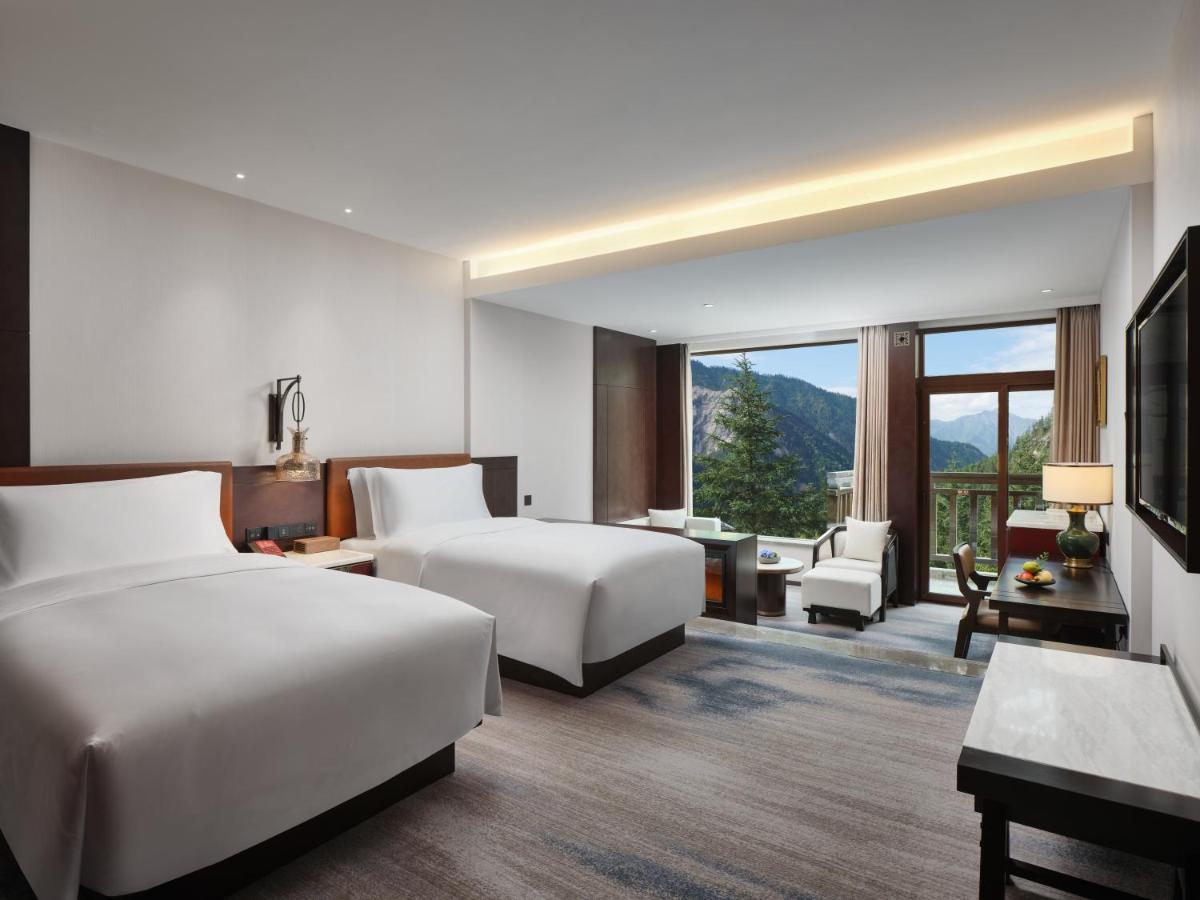
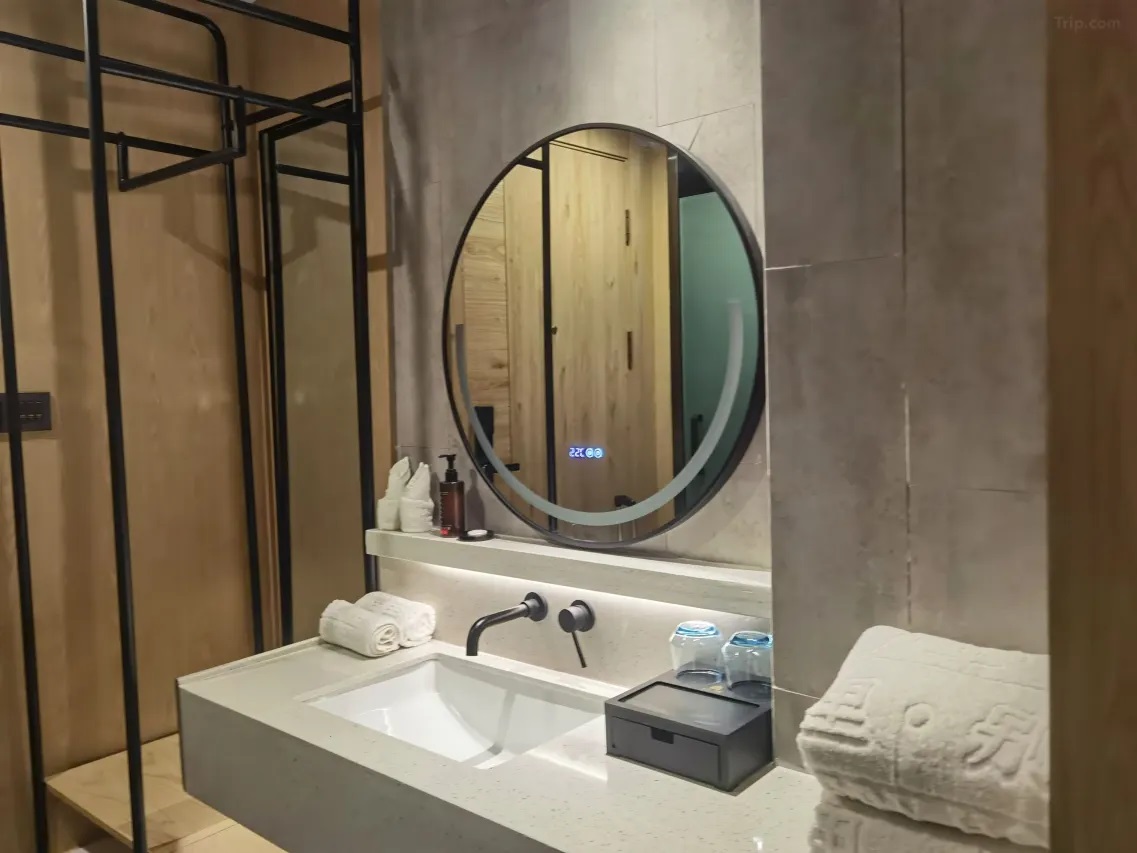
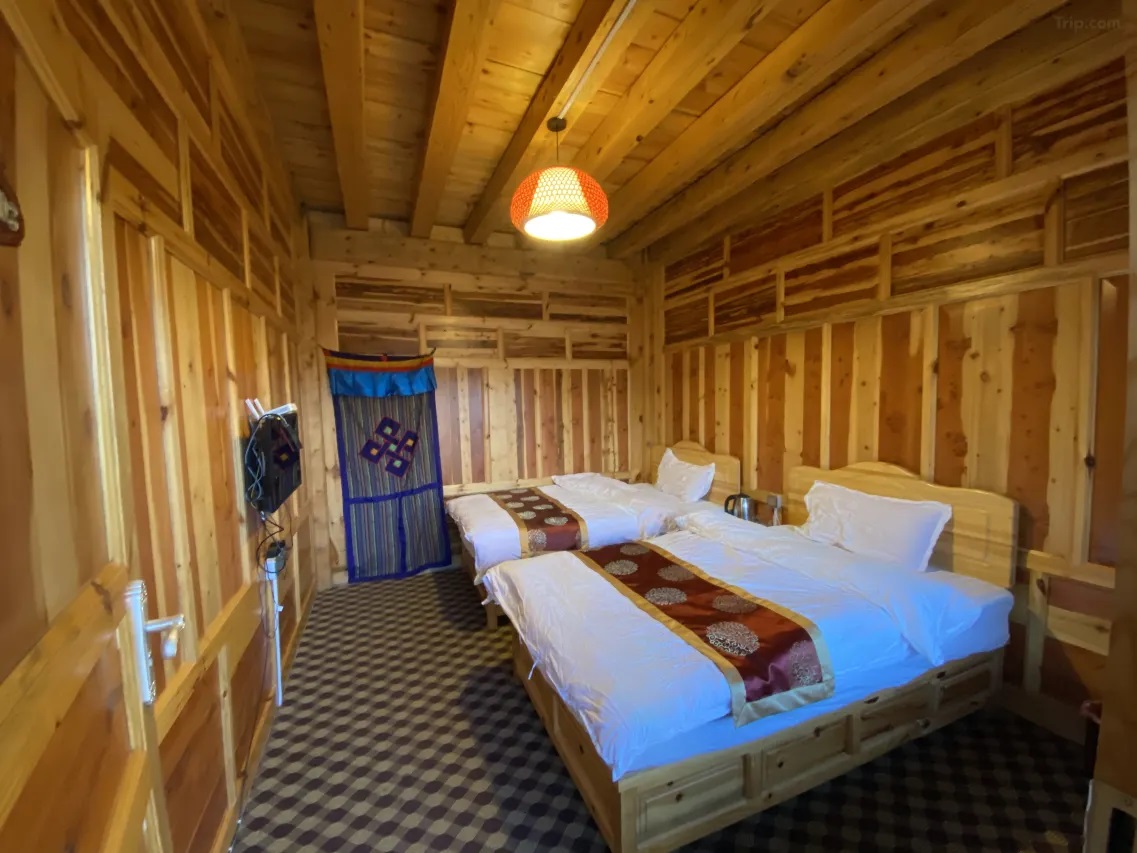
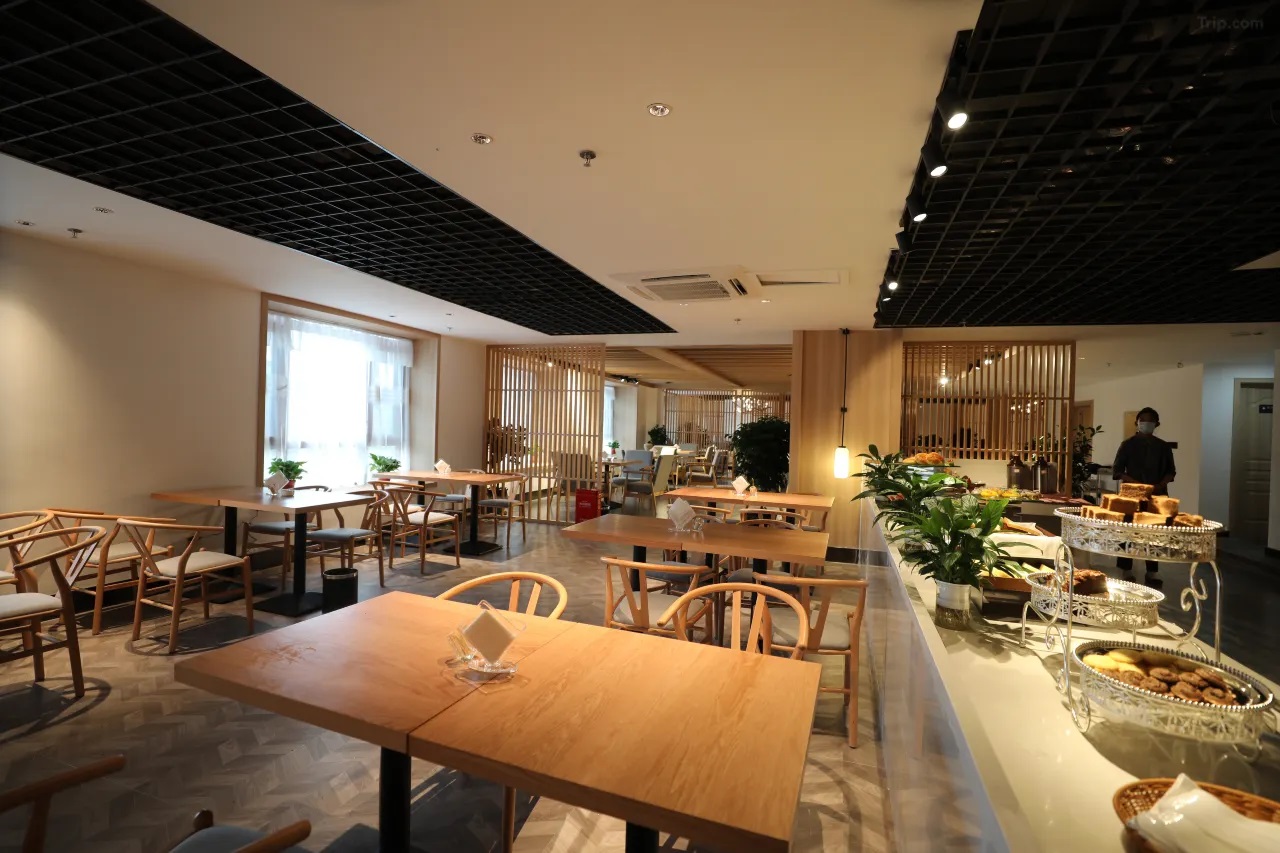
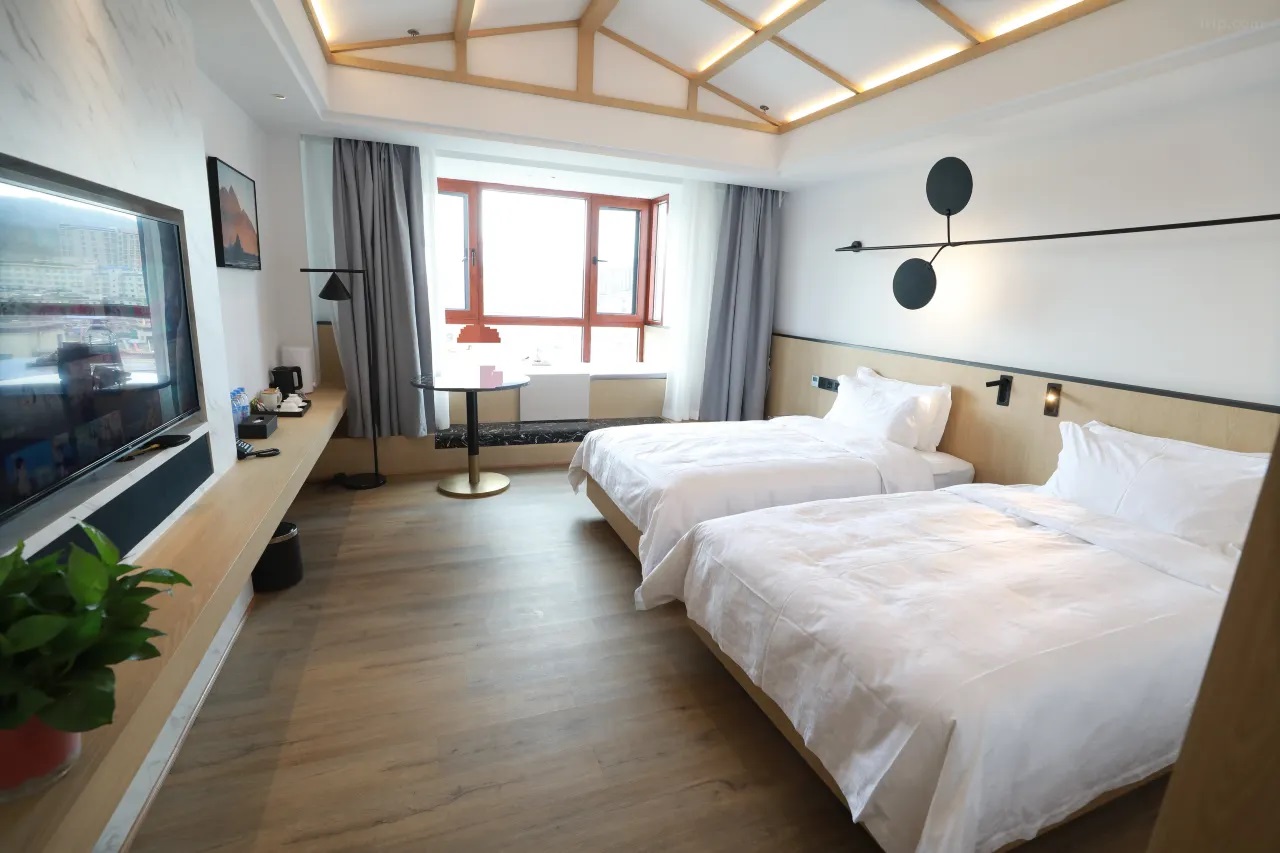
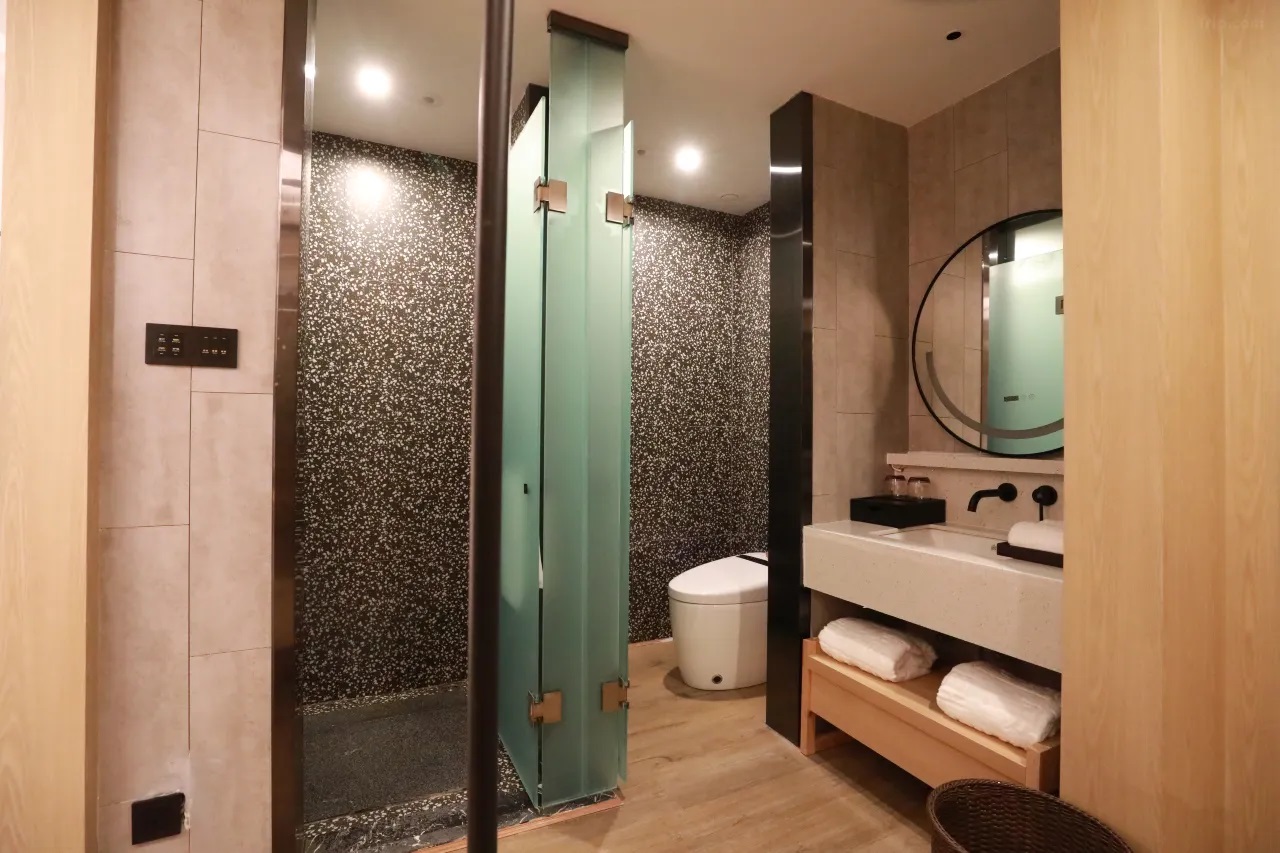
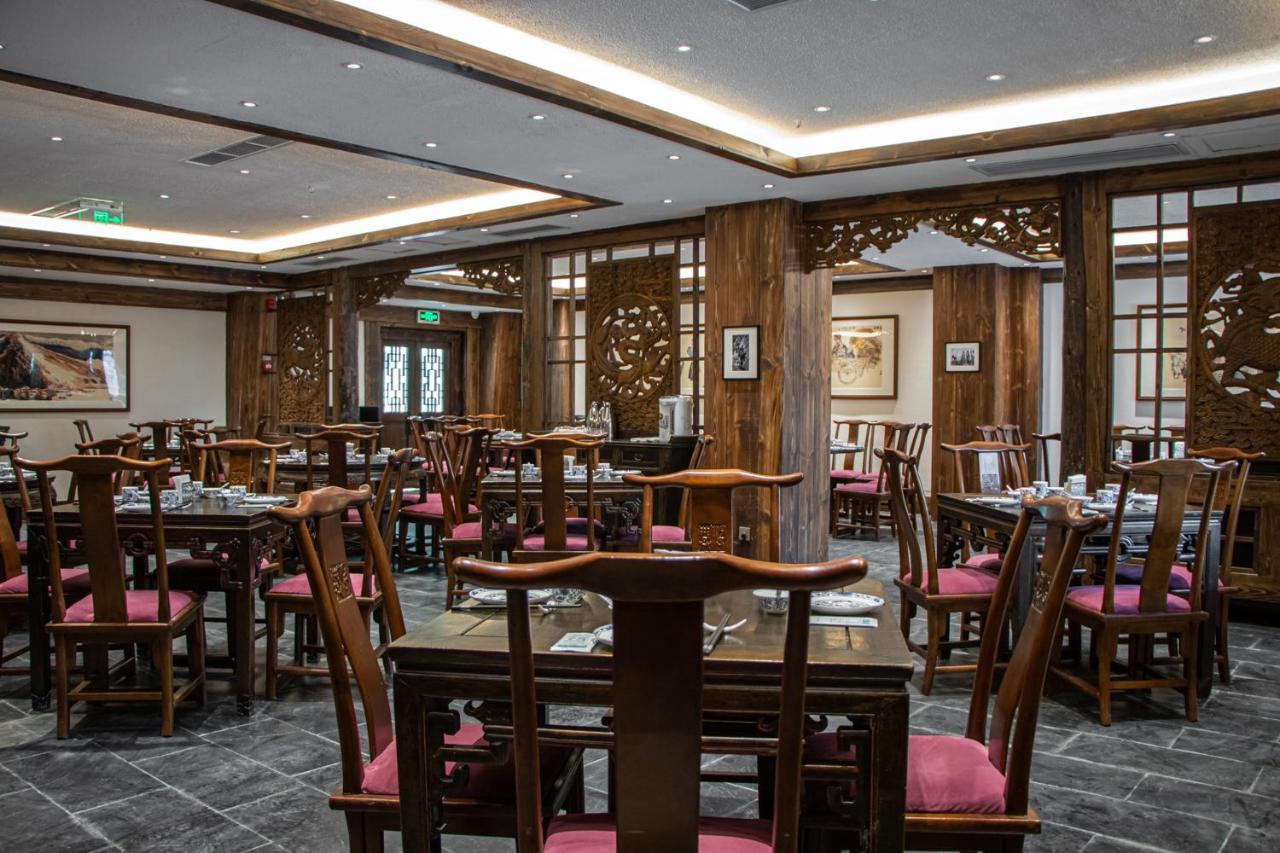
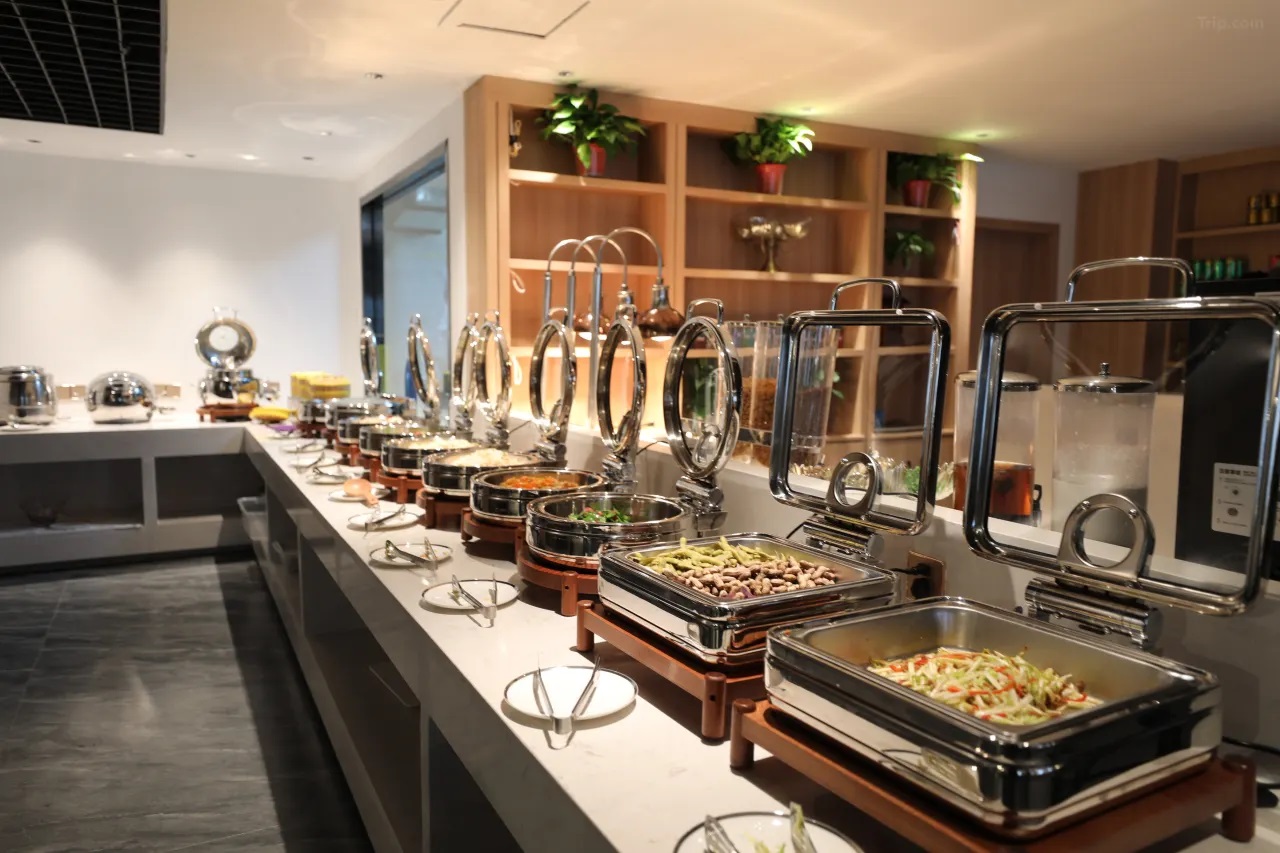
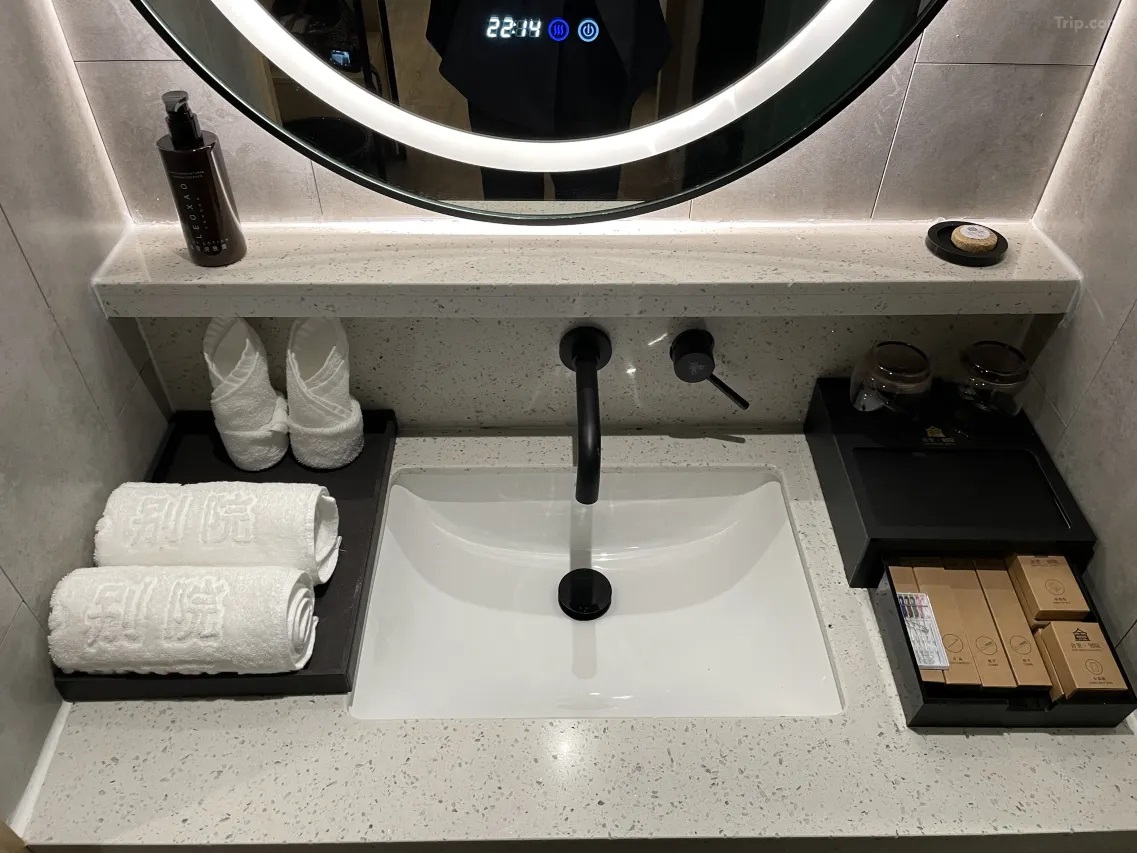
(1).jpg)
(2)(1).jpg)
.jpg)
National currency is Chinese Yuan. It is better to bring yuan with you, as exchanging currency in China can be time-consuming and not always technically feasible. You shouldn't rely on bank cards either: the trip takes place in remote areas of Tibet, where card payments are not possible.
We would like to inform those who will be carrying US dollars: bills older than 2006 are NOT VALID in China!
This route does not have a difficulty category and be prepared for daily walking with height difference. During the trip, we will ascend to an altitude of 5150 meters, so we do not recommend this route for people with heart problems, blood pressure issues, vestibular disorders, or excess weight (horse trekking is available for participants up to 85 kg).
Note: The trip will involve a lot of transfers, sometimes 6-7 hours a day, mostly on roads with good paving, but there will also be serpentines. Participants must be prepared for a strict travel schedule, as well as living in tents and minimal amenities during this time (for example, no showers).
Participants must be from 18 to 65 years old.
The checklist #98 will help you prepare for this trip.
Note: It is prohibited to bring any sharp objects, including kitchen knives, pocket knives, and Swiss army knives, into China. Please be careful.
You need to be prepared for long transfers. We will travel about 2000 km by minibuses and 1800 km by train.
Breakfasts at hotels are usually Chinese-style buffets: eggs, fruits, pastries, meat, noodles and other dishes not typical for breakfast. Some hotels may also offer set breakfast menus.
We will have lunch and dinner in Tibetan or Chinese restaurants. Tibetan cuisine is similar to Mongolian or Buryat: lots of meat and starchy foods, but not spicy. In contrast, some Chinese dishes are quite spicy and others are too bland.
Since this is a group tour, the food is the same for all participants. Unfortunately, we cannot prepare an individual meal for you. If you have an intolerance or allergy to any of the products, please notify the manager in advance. We will pass this information on to the guide or accommodations. However, we kindly ask you to follow up on this matter during the trip. If you have strict dietary restrictions, we recommend bringing suitable food with you or buy it on the spot.
Thank you to the Strannik Travel Club for the excellent organization of the Tibet-2025 tour!
It turned out to be not just a trip, but a true landscape-cultural expedition with deep immersion in the unique nature, history, and traditions of Sichuan, Gansu, and, of course, magnificent Tibet.
Special thanks to our guide-instructor Mikhail Zacheskin! His professionalism, erudition, and passion allowed us to enjoy not only the stunning national parks, the valley of the great Yellow River, and the mountains of Tibet and the Himalayas, but also to learn a great deal about the development of Buddhism in India, Nepal, and Tibet, as well as the cultural and religious traditions of the region.
The expedition format — with exciting travel by various modes of transport, accessible trekking, local cuisine, and comfortable hotels — was well thought-out and deserves the highest praise.
The trip met all expectations. It wasn’t easy, due to the altitude, but the route was fascinating and well-designed with regard to acclimatization. China was impressive. Tibet resonated more with me — its calm, unhurried way of life.
Mikhail is a fantastic specialist. We were lucky to have him. Krakauer’s audiobook was a perfect companion, bringing us closer to the majestic and unforgiving Everest. The mountains, with their sheer scale and beauty, remind us how small and fragile we are…
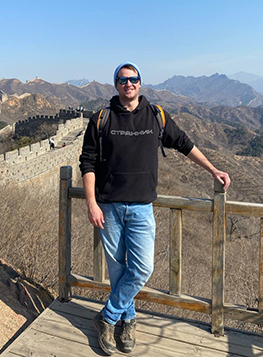
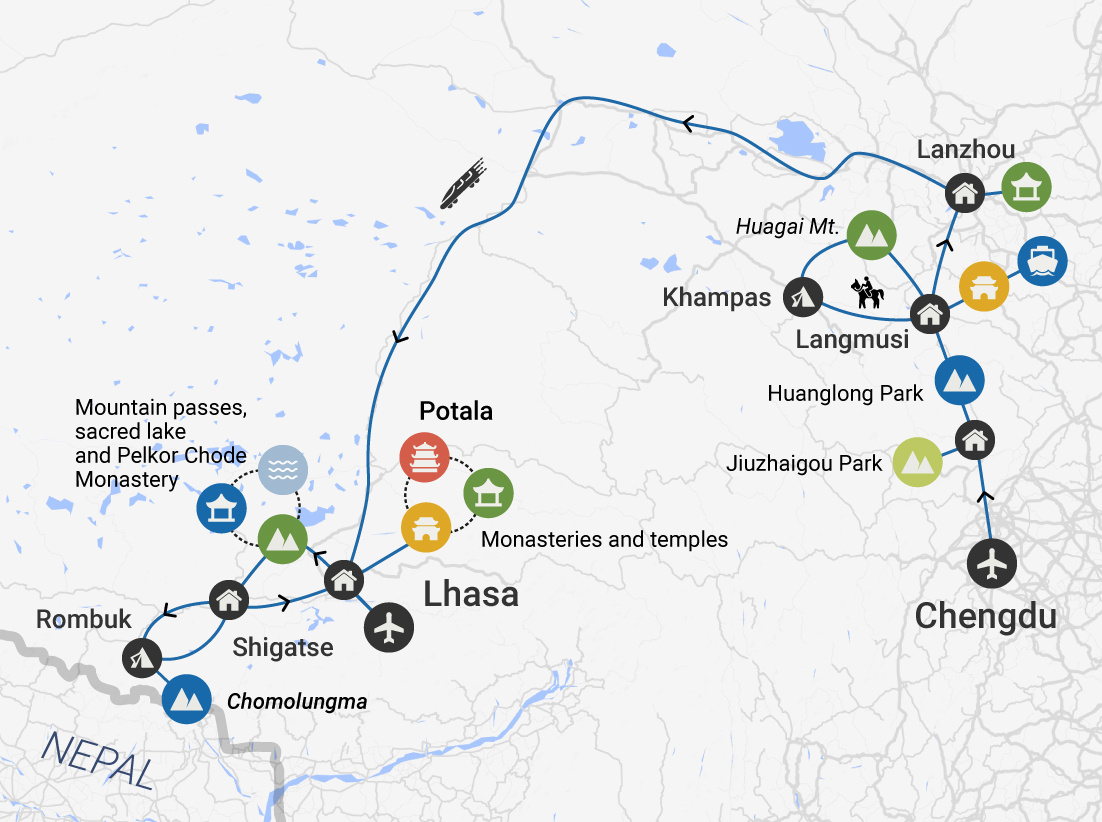


In the Land of Snows, we'll visit bustling cities and remote mountain villages. Our journey will include travels by train, car, and even horseback. Accommodations will vary from cozy resorts to yak-wool tents. We'll watch the sunrise at Everest and boat along the Yellow River.
In 15 days we will: